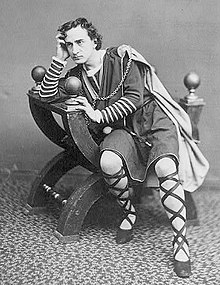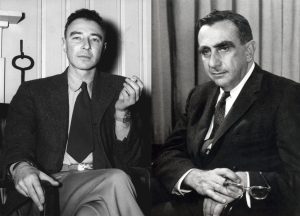The Reflection
In Mary Shelley’s Frankenstein, the characters of Victor and his creature parallel each other as they both face injustice and suffering and both resort to violent revenge.
I am Not Your Stepping Stone: An Analysis of Ethnocentric Bias in Hamid’s The Reluctant Fundamentalist
In a world shocked by the horror of death and calamity that came from 9/11, Mohsin Hamid allows us to listen to the voice of a Pakistani-American during this tumultuous time.
A Faux Confession
Mohsin Hamid’s casual yet powerful writing style communicates the biographical story of a Pakistani Muslim’s enchantment and disenchantment with America while maintaining a degree of uncertainty regarding the character and intention of the narrator and protagonist, Changez.
“Thus Conscience Does Make Cowards of Us All:” Hamlet’s Freudian Sense of Guilt
In Civilization and its Discontents, Sigmund Freud imagines the origin of guilt in humans and how it evolves into a more complex conscience. He posits that guilt stems from a fear of the loss of the father’s love when a child recognizes that they have done something bad and may be found out.
A Return to the Sea
Edna Pontellier’s story culminates in death, but not in destruction.
American Madmen: Oppenheimer, Teller, and the Purpose of Science
When considering where to lay blame for the hypothetical end of the world, it can be hard to decide whether responsibility lies with the creators of the means of destruction or those who actively put these means to use.
Eichmann, Oppenheimer, and the Perils of Blind Obedience
In Plato’s Republic, Thrasymachus makes the disconcerting claim that “justice is nothing other than the advantage of the stronger” (Plato 338c).What is fascinating about Arendt’s Eichmann in Jerusalem: A Report on the Banality of Evil is that Adolf Eichmann falls prey to Thrasymachus’ problematic conception of justice.
Nietzsche and Arendt’s Warnings Against Totalitarianism
Friedrich Nietzsche and Hannah Arendt have both been misinterpreted with regard to their attitude toward the Nazis, but in fact they both hold very strong and uncompromising anti-Nazi views.
What Does Justice Look Like for the “Banal” Adolf Eichmann?
Hannah Arendt’s Eichmann in Jerusalem: A Report on the Banality of Evil is nothing short of terrifying. The striking candor with which Arendt uses Adolf Eichmann’s 1961 trial to bring to light the horrors committed under the Third Reich is so irreconcilable with what we want to be true about the moral compass of mankind that it may be easier to pretend these events are all fiction, just an appalling thought experiment as to how far a society is able to go towards injustice and evil under the right circumstances.








